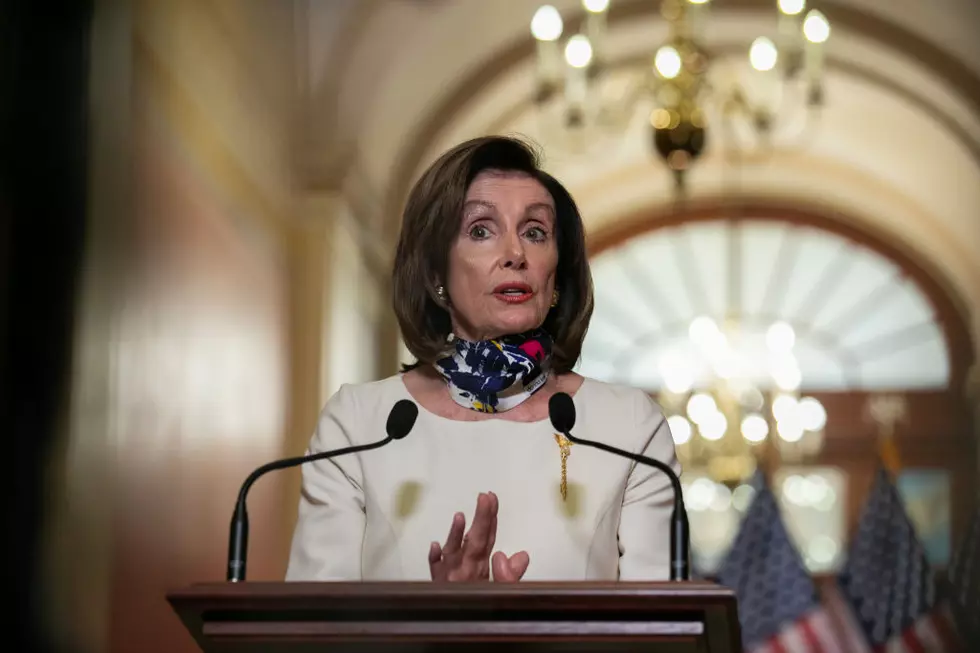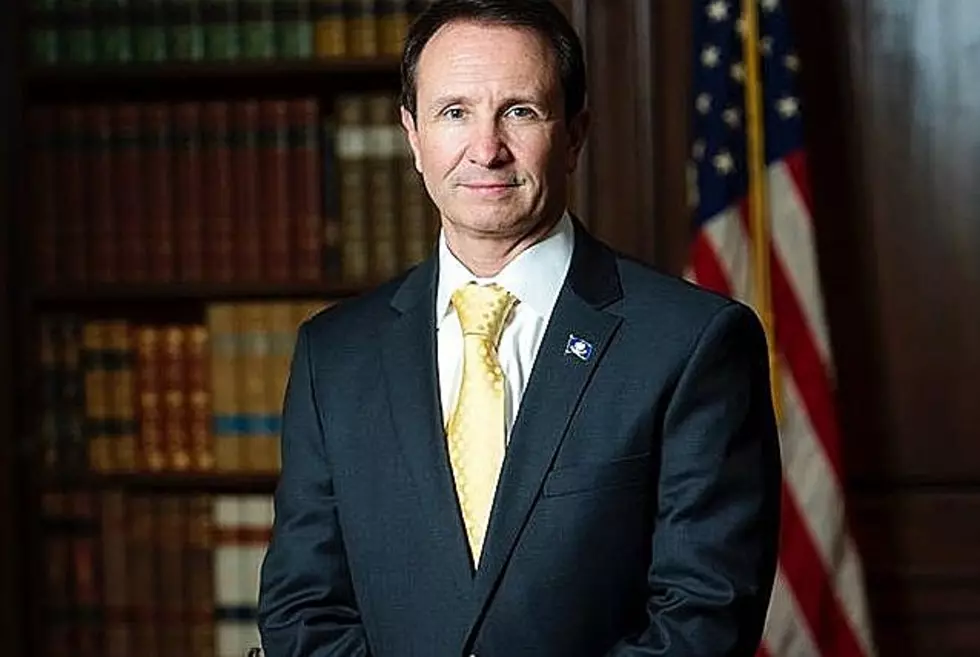
New $3 Trillion Relief Bill With Direct Payments to Americans
The U.S. House Of Representatives announced yesterday that a new stimulus bill has been submitted and will be put to a vote this Friday.
The bill was unveiled by Democrat leaders in the House and includes another round of direct payments to American citizens and more relief aid to businesses. They say it's designed to counteract the effects of the pandemic on the U.S. healthcare system and economy.
The House will vote on the measure this Friday, which gave members less than three days to dive into all 2,000 pages of the bill.
House Speaker Nancy Pelosi defended spending $3 Trillion on this measure at a press conference:
The chairman of the Federal Reserve Bank has told us to 'think big' because interest rates are so low...we intend to use those low interest rates to bolster the American people. We must think big for the people now, because if we don't, it will cost more in lives and livelihood later. Not acting is the most expensive course.
If the bill passes the House this Friday, it's expected to see resistance in the Senate, and Republican senators have been noted as saying they don't see an imminent need for another stimulus package yet.
Senate Majority Leader Mitch McConnell said at the press conference:
Look, we can’t spend enough money to prop this economy up forever...people need to be able to begin to be productive again. That obviously means that you need to move forward consistent with the (CDC) guidelines that have been laid down by the healthcare professionals toward opening up the economy. It’s the only solution to the dilemma with which we are confronted.
The measure would include payments of $1,200 per household family member up to $6,000. Also, the package would extend the Federal unemployment weekly payment of $600 until January of 2021. The current extension is set to end next month.
For more details on how much money the new stimulus package would give to state and local governments, click here.
If the new measure passes both chambers of Congress, it would be the most expensive spending bill in U.S. history.

READ MORE: 50 resources to help you educate your kids at home
More From Cajun Radio 1290 AM









